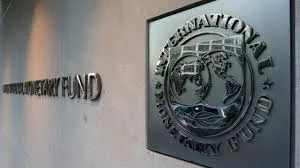
Nigerian Economic Reforms: An IMF Perspective on Their Shortcomings
The International Monetary Fund (IMF) has reported that Nigeria’s current economic reforms, led by President Tinubu’s administration, are facing significant challenges.
While notable actions such as the removal of fuel subsidies and the unification of multiple exchange rate systems have been implemented, these measures have not yet yielded the desired economic stability.
Key issues highlighted in the report include:
- Inflation and Exchange Rate Instability: Inflation remains high and is worsening, while the naira continues to experience severe volatility, undermining the benefits of exchange rate reforms.
- Debt and Revenue Challenges: Nigeria is grappling with a heavy debt burden, with debt servicing consuming a substantial portion of government revenues. This limits resources for developmental projects.
- Public Dissatisfaction and Reform Fatigue: Social resistance and inadequate communication of the reform agenda have hindered public acceptance. The IMF stressed the importance of improving public engagement and trust in institutions to make reforms more effective.
- Recommendations: The IMF advises Nigeria to focus on structural reforms, improve policy communication, offer compensatory measures to ease the impacts of changes, and develop strategies to mobilize public support for reforms.